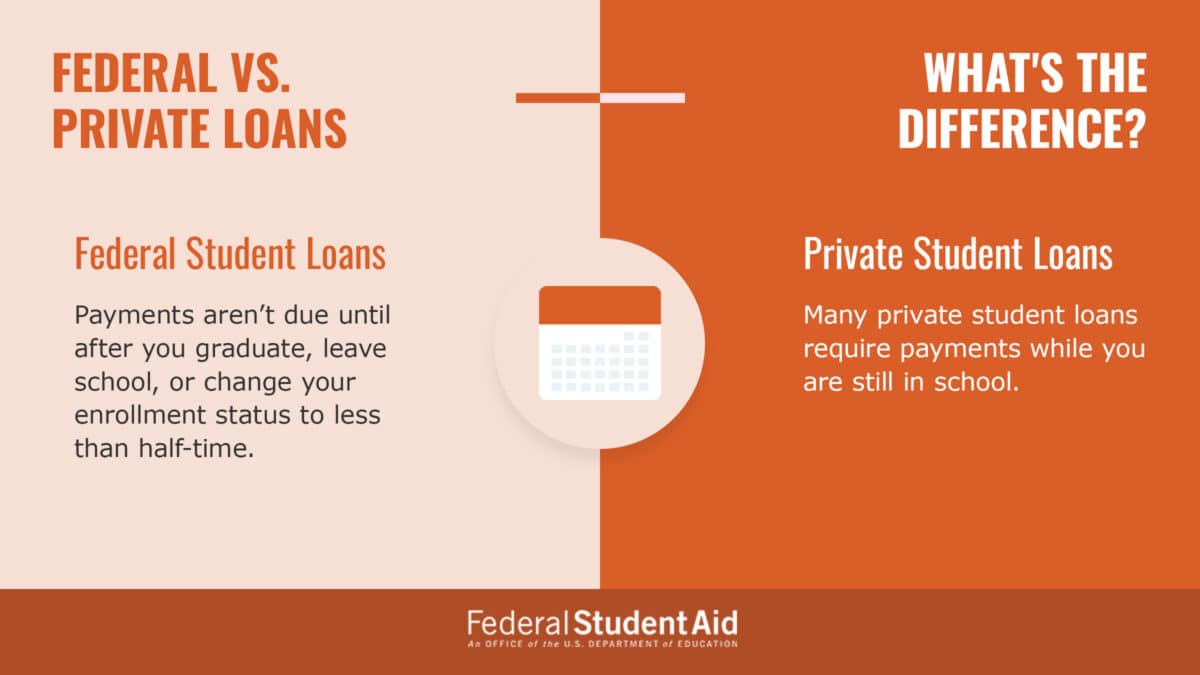By Tonya Sams
With the pause on federal student loan payments expected to come to an end this summer, there are many ways that borrowers can prepare themselves when it is time to resume payments.
Federal student loan borrowers can go to the Department of Education’s website and apply for repayment plans. One set of repayment options are known as Income-Driven Repayment plans (IDR). These plans set a monthly payment based on a borrower’s income, and are especially beneficial for borrowers who are low-income.
There are two ways a borrower can enroll in an IDR plan. First, a borrower can ask their loan holder or servicer to put them into the plan with the lowest monthly payment. This is likely the best option for most borrowers seeking IDR.
A borrower can also choose their own IDR plan. More details about these plans are available at studentaid.gov/idr/.
There are also time-limited options available to certain student loan borrowers. The borrower would need to apply over the next year. One option is the Fresh Start program. This program is good for borrowers who defaulted on their federal student loans before the pandemic. It allows those borrowers to be put back in good standing with their loans without suffering from the consequences of defaulting on their loans. This program gives those borrowers access to federal student aid again and makes them eligible for other federal student loans. It also stops collections and helps to repair credit reports that had been negatively impacted by student loans that were in default. Borrowers who are eligible can apply for the Fresh Start program by calling the Default Resolution Group at the U.S. Department of Education at 1-800-621-3115. If a borrower has a federal loan that is held by a commercial entity, they can figure out who to contact by going to studentaid.gov/manage-loans/default#guaranty-agencies.
Another time-limited option is the Income-Driven Repayment (IDR) Account Adjustment. With this policy, the Department of Education looks at borrowers who were making payments before the pandemic and ensures that those payments count towards their IDR forgiveness. This includes those borrowers who were in forbearance for over a year, in cumulative forbearance for over three years, and those in deferment including economic hardships and military deferments (except for school deferments before 2013). Borrowers with commercially-held federal loans will need to consolidate those loans to be eligible for the account adjustment.
Legal Aid offers a number of online student loan resources. Visit lasclev.org, click on the “Services & Resources” tab and hit “Legal Resources.” Then select “Money” and click on “Student Loans.”
Do you have questions regarding your federal student loans? Legal Aid may be able to help! Call our Economic Justice Information Line at 216-861-5899. You can also call Legal Aid for civil legal matters at 888-817-3777 during normal business hours or apply online 24/7 at lasclev.org/apply.
Tonya Sams, Development and Communications Assistant at The Legal Aid Society of Cleveland.






